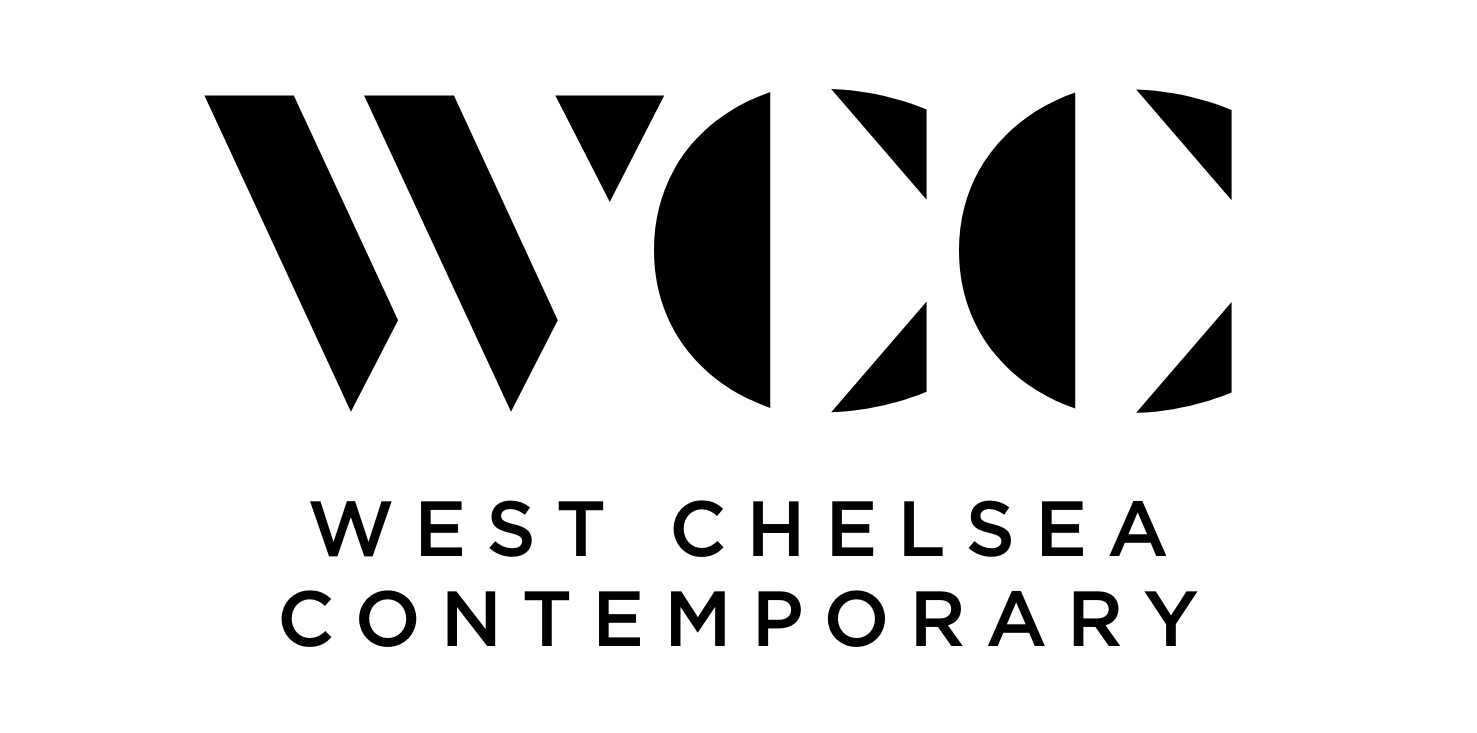Contemporary art includes a variety of styles that showcase the culture and experience of several generations. While traditional art is timeless, contemporary techniques are taking up their own incredibly appealing niche in history.
Understanding contemporary art styles can help you identify the most prominent and impressive pieces. You don't need to be an art connoisseur to differentiate between art types and make smart investment decisions. All you need is a short introduction and quality exploration.
Key Characteristics of Contemporary Art Styles
Contemporary art is defined by innovation, diversity, and self-expression. Contemporary artists go against traditional styles with strict rules. They experiment with new techniques, materials, and ideas. Some key characteristics include:
- Bold Expression – Artists don't just use color but also focus on form and composition to convey emotions.
- Mixed Media & Technology – Many contemporary pieces combine painting, sculpture, digital art, and sound.
- Cultural Commentary – Contemporary art often reflects social issues, politics, and identity.
- Interactivity – Some styles invite viewers to engage with the artwork physically
Mediums for Contemporary Artwork:
Because contemporary artwork is a time period rather than a specific movement, it encompasses a wide range of styles, including:
Graffiti and Street Art
This street-culture-inspired contemporary art style includes murals, spray paint art, and bold visuals. It brings social messages to life.
Abstract Art
Focuses on shapes, colors, and movement rather than recognizable subjects.
Minimalism
Strips art down to its simplest elements by using clean lines and a limited color palette.
Conceptual Art
Prioritizes ideas over traditional aesthetics, sometimes incorporating text and found objects.
Hyperrealism
Uses meticulous detail to create images that look even more lifelike than high-resolution photographs.
Digital & New Media Art
Uses technology (e.g. animation, AI, and 3D modeling) to create immersive experiences.
Abstract Expressionism
Emphasizes spontaneous brushstrokes and bold colors to convey deep emotional expressions rather than realistic representations.
Art experts have multiple opinions about each style of contemporary art. But they generally agree that this movement has excellent potential. As the world changes and technology becomes more sophisticated, new styles continue to emerge every day.
The Evolution of Contemporary Art Styles
Contemporary art adjusts to cultural shifts, new technologies, and artistic experimentation. The movement began in the mid-20th century. Since then, it has continuously expanded to reflect the world around it.
Pop Art
Pop art emerged in the 1950s and 1960s. It mixed commercial imagery with fine art. Artists like Andy Warhol and Roy Lichtenstein set the stage for a more accessible art world.
Street Art
Graffiti and Street Art started gaining recognition in the 1970s and 1980s. Suddenly, the underground movement turned into a respected art form. Artists like Banksy brought raw and urban expressions into the world.
AI Art
The 2020s brought the rise of AI and AI-driven art. Digital art became accessible to everyone and created new and unusual masterpieces.
Relationship between Contemporary and Traditional Art
Traditional art is built on established techniques and time-honored aesthetics. Artists often follow methods that have been passed down through generations. This form of art values balance and harmony. It tries to convey a sense of timeless beauty.
Contemporary art is more experimental and dynamic. While it sometimes draws inspiration from traditional techniques, it's not afraid to break the rules. Contemporary artists often challenge conventional boundaries by using new tools and setting unexpected trends.
Shop Our Contemporary Art
Whether you are a big fan of contemporary art or just starting to explore contemporary art styles, you definitely know the value of such an investment.
To find a piece that resonates with your art passion, contact us today. We are here to make your world more beautiful.
Image Credit: AnnaStills / Shutterstock
